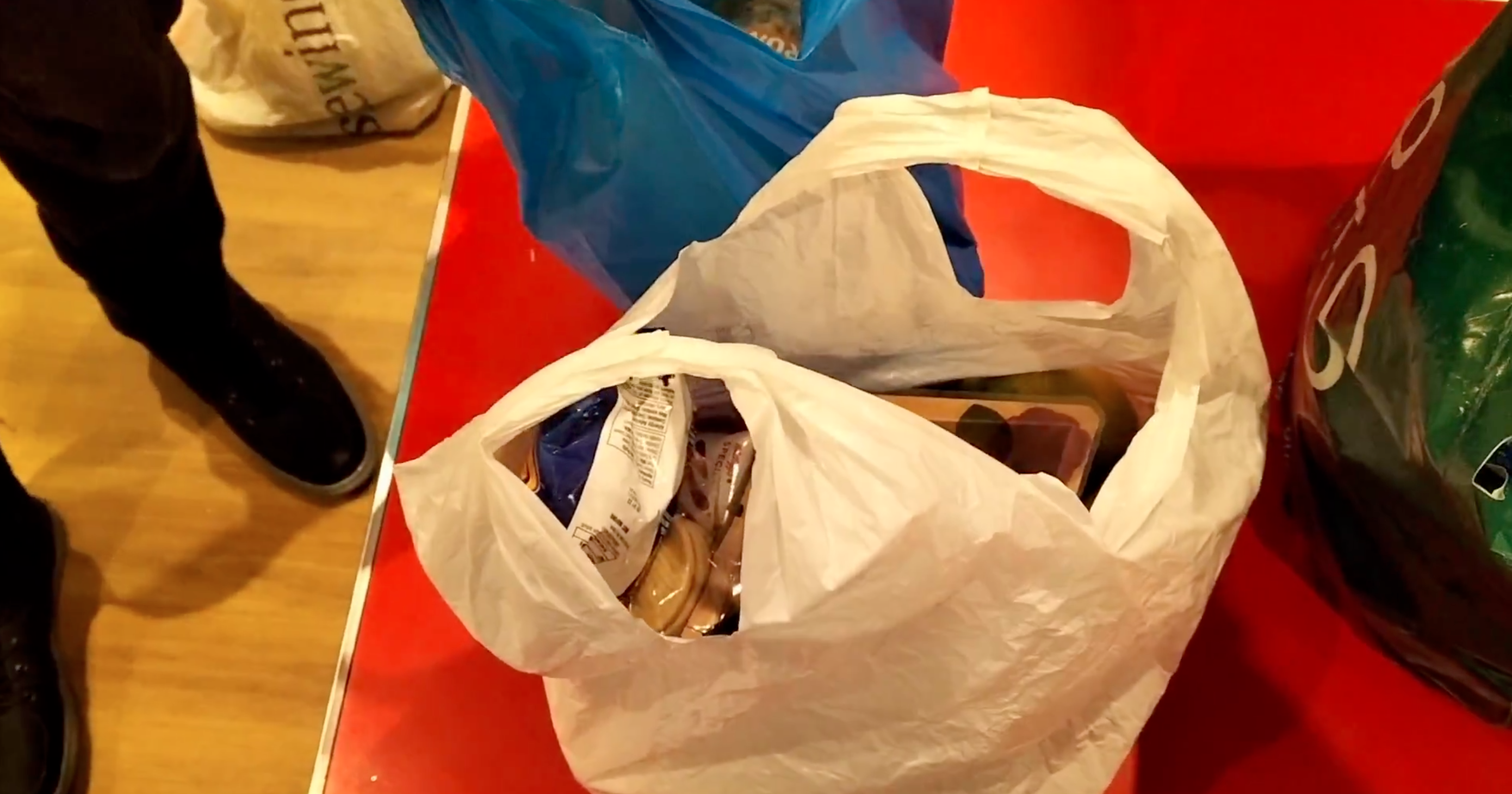A return to 'normal' presents serious problems for homeless people in Hammersmith and Fulham
Volunteers rage at council and government for failure to continue support for rough sleepers after Covid
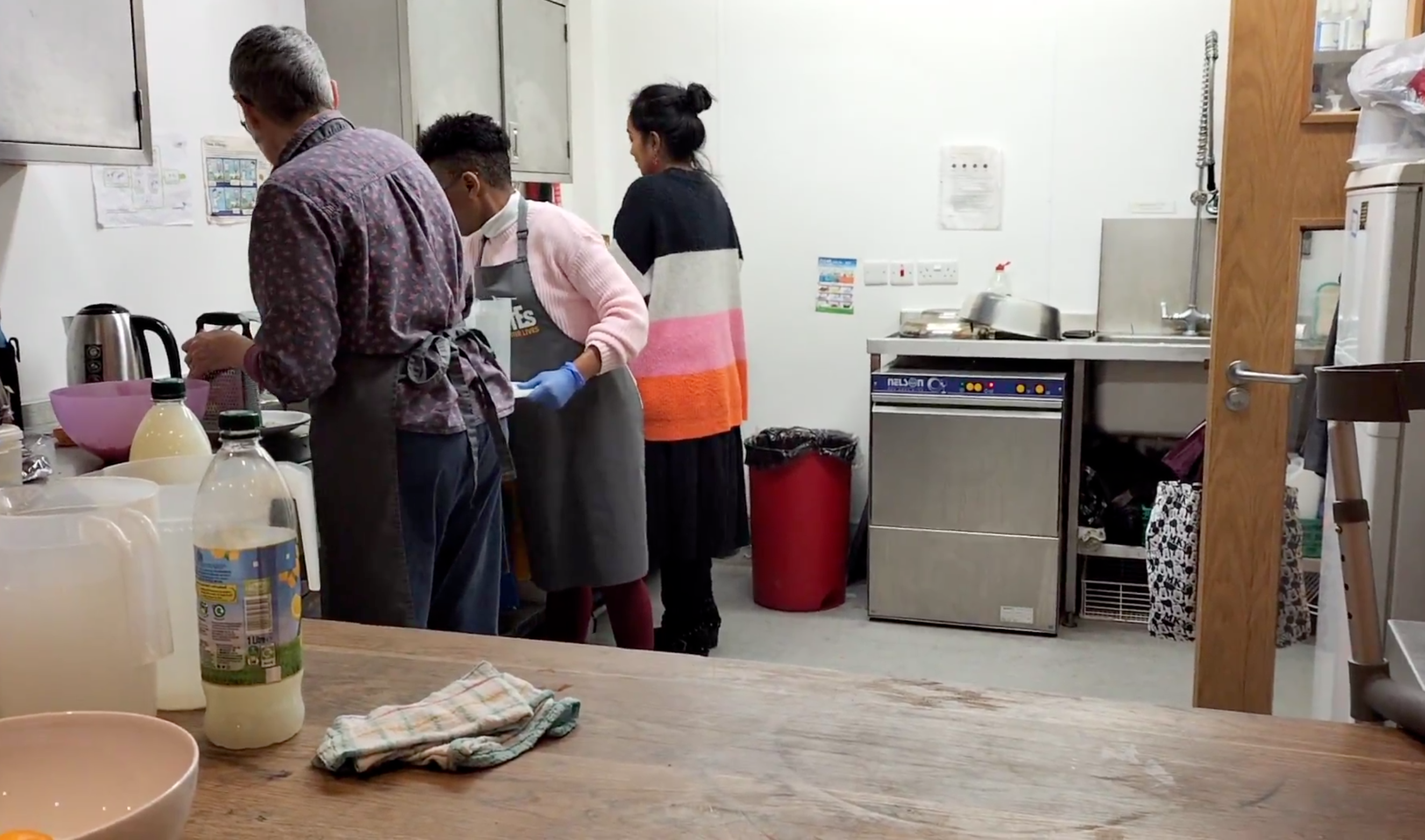
"The government have sacked everyone off, basically."
These are the words of soup kitchen head chef and project coordinator Garry Rashid.
His project, Streetlytes, serves around 70 hot meals to homeless people in Shepherd's Bush every Monday evening.
He's witnessing first hand how a return to 'normal' is negatively impacting the most vulnerable people in his borough.
On Monday night, after working for eight hours to prepare and serve a three course meal to dozens of guests, Rashid explained how the homeless in his community have suffered post-lockdown.
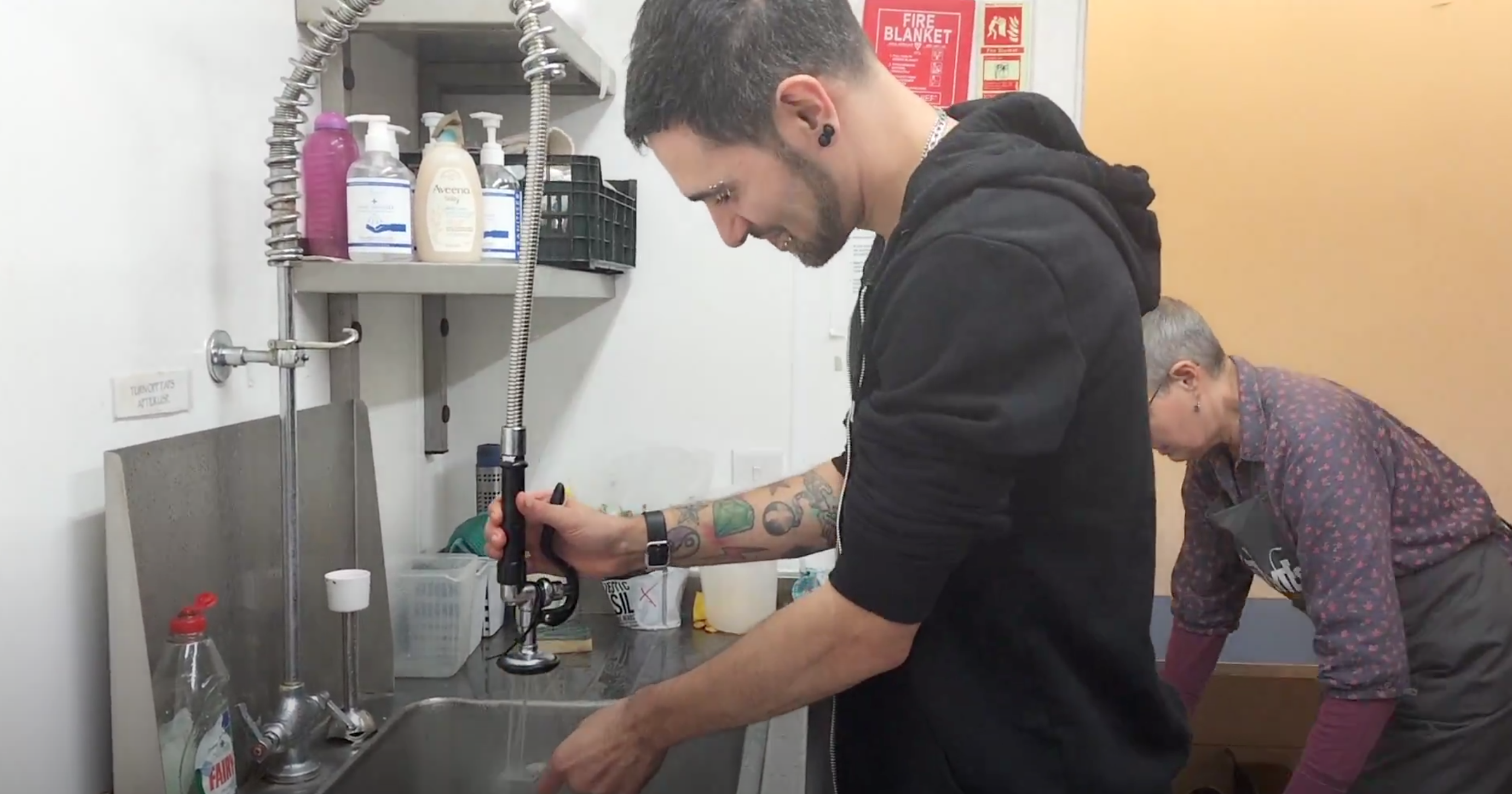
He said: "Last year, there was a lot more in place. During Covid, there was so much available to rough sleepers.
"The thing is, over summer of this year, all that funding dried up."
In March last year, the government started the 'Everyone In' scheme to bring all 6,000 rough sleepers in England into emergency hotel and hostel accommodation, and local authorities were given an initial payment of £3.3 million to achieve this goal.
The scheme was described as "one of the most extraordinary things to have ever happened in homelessness in this country" by homelessness charity Shelter.
By the end of April 2020, 90% of rough sleepers in England were sleeping in empty hotels and other buildings.
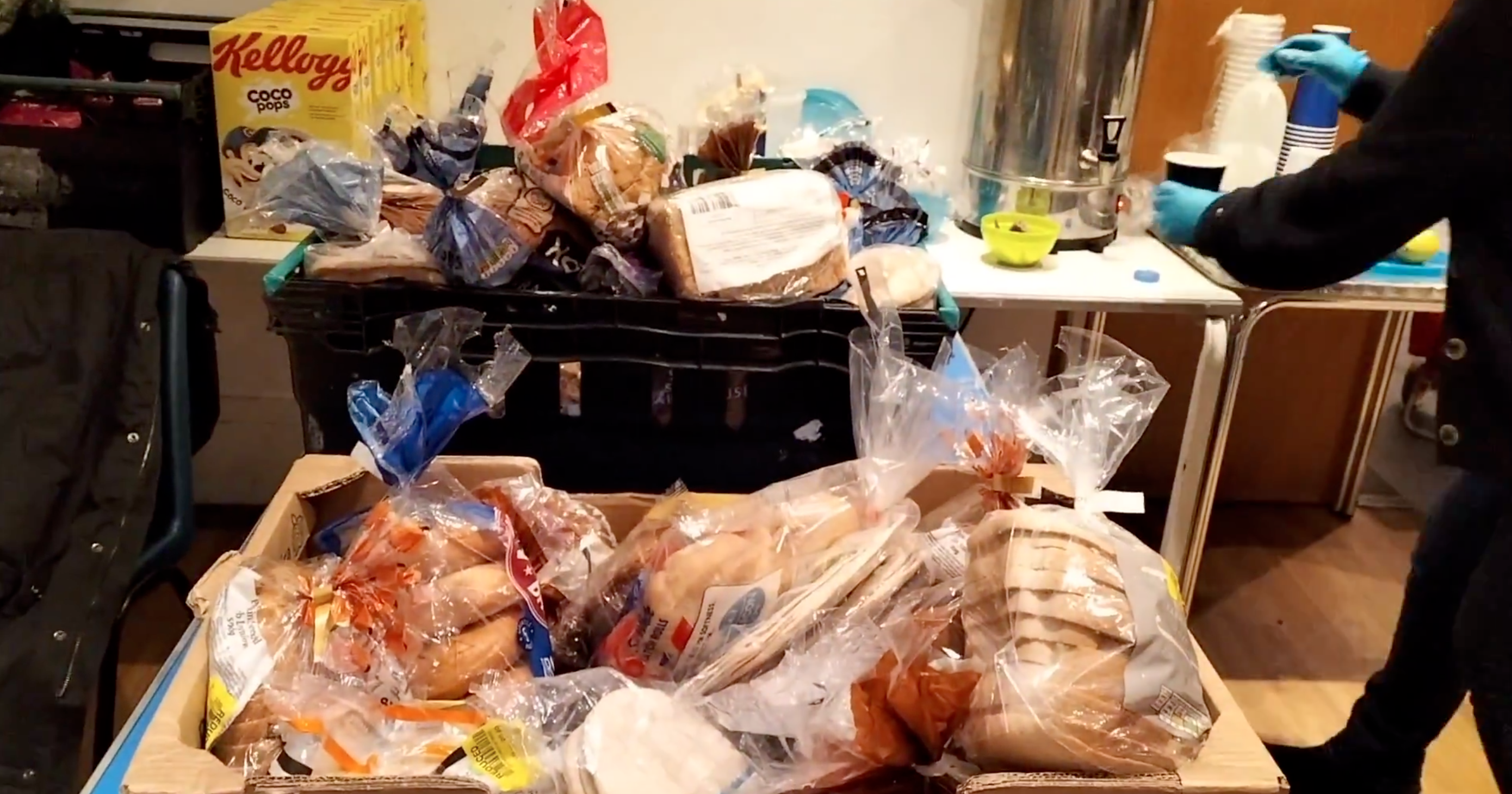
In Hammersmith and Fulham, Rashid's observations are reflected in reports from the Combined Homelessness and Information Network (CHAIN).
CHAIN outreach workers count all the people they come across sleeping rough in each London borough and report figures every three months.
This is then broken down into categories: "new rough sleepers" are people who have never before been spotted sleeping on the streets, "living on the streets" describes people who have been seen at least five times in three weeks, and "intermittent rough sleepers", who have been seen more than once but are not thought to be living on the streets.
The latest figures from CHAIN show that between July and September 2021, 44 new rough sleepers were spotted by outreach teams in Hammersmith and Fulham.
In the same period last year, only 29 new rough sleepers were reported - this is an increase of 51 per cent.
The total number of all rough sleepers met by outreach workers also increased, with 70 rough sleepers being spotted by outreach workers between July and September 2020, compared to 63 in the same period last year.
Rashid noticed the change in his guests' needs as soon as funding for the 'Everyone In' scheme began to dry up.
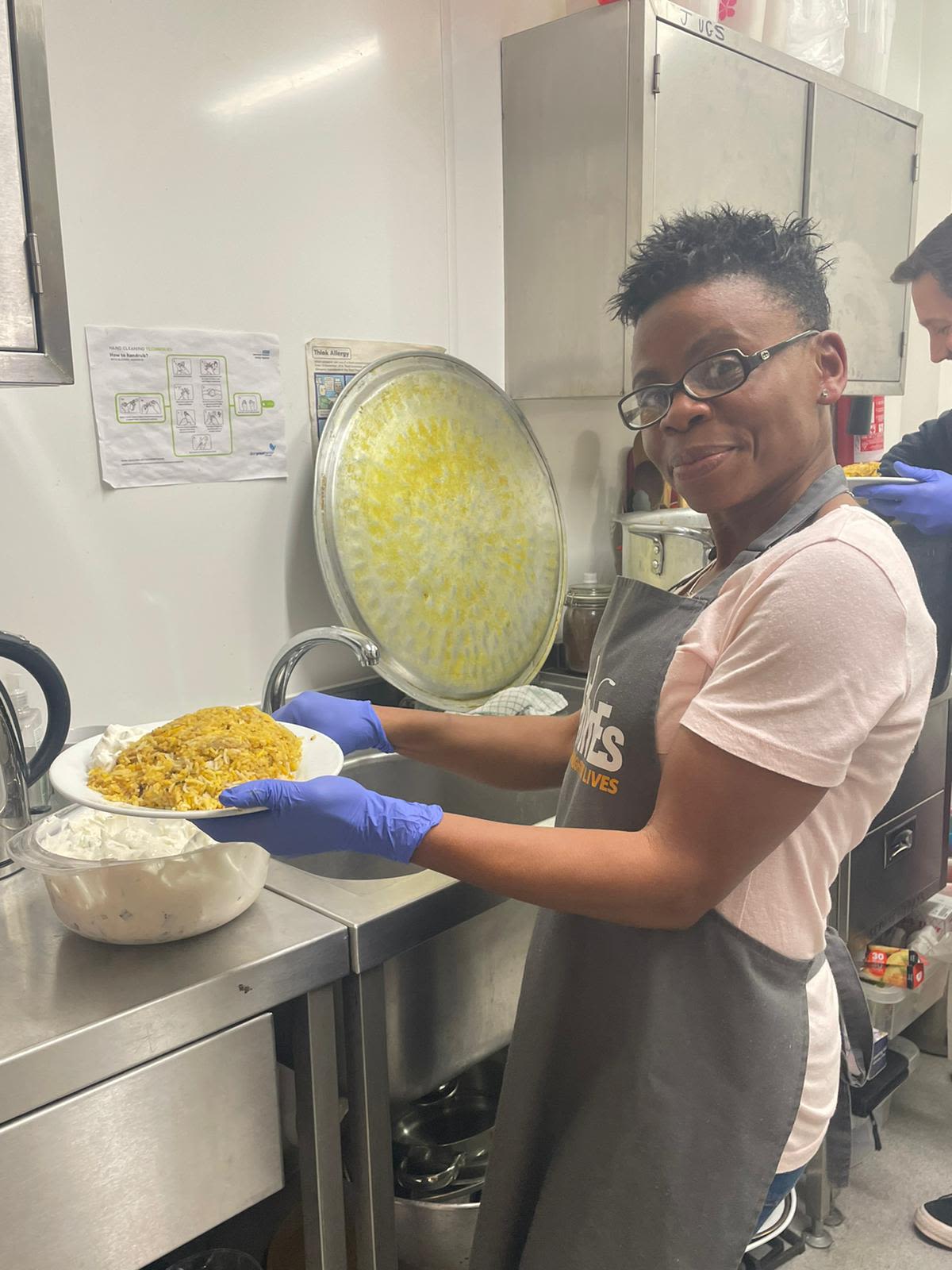
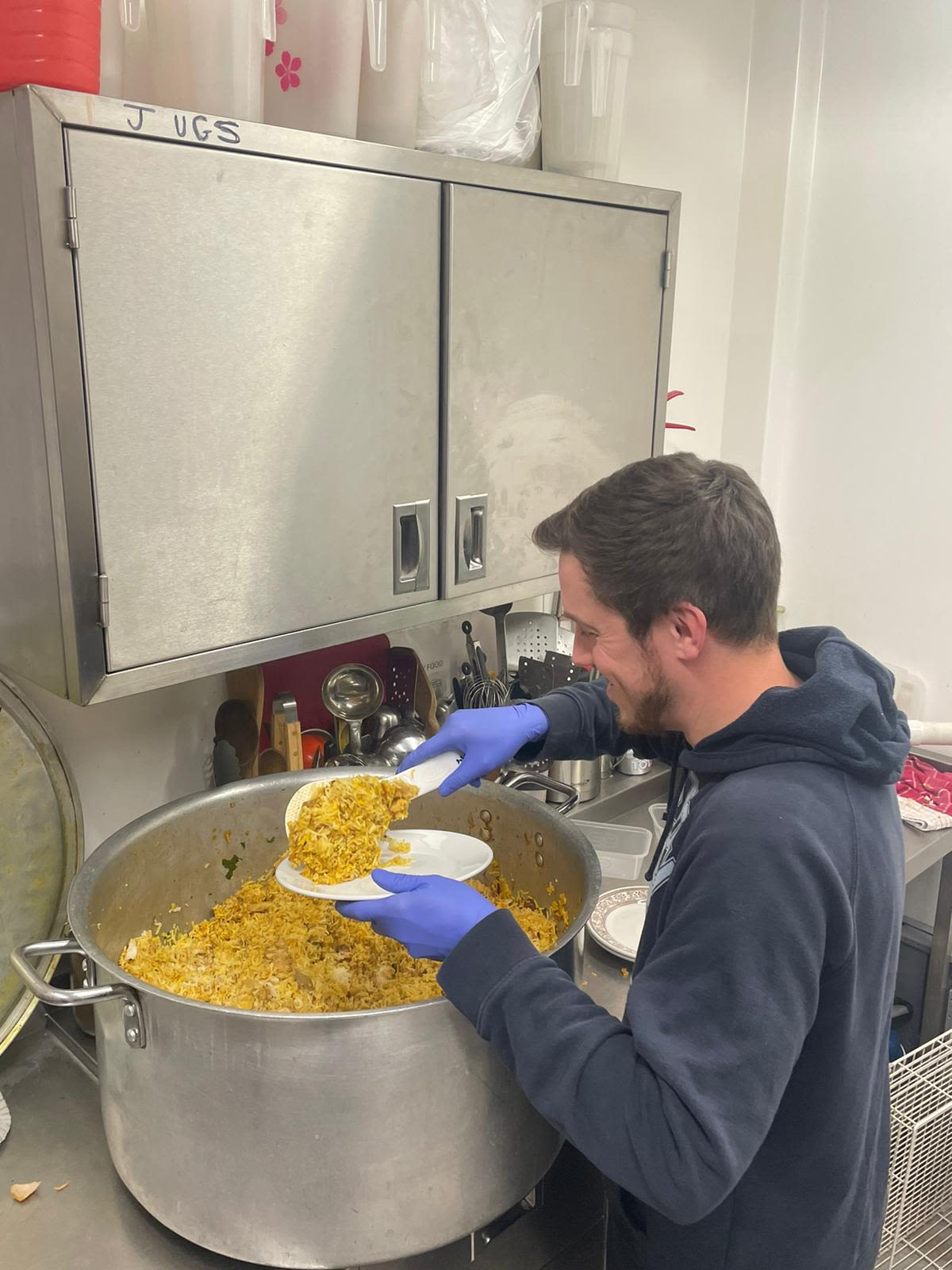
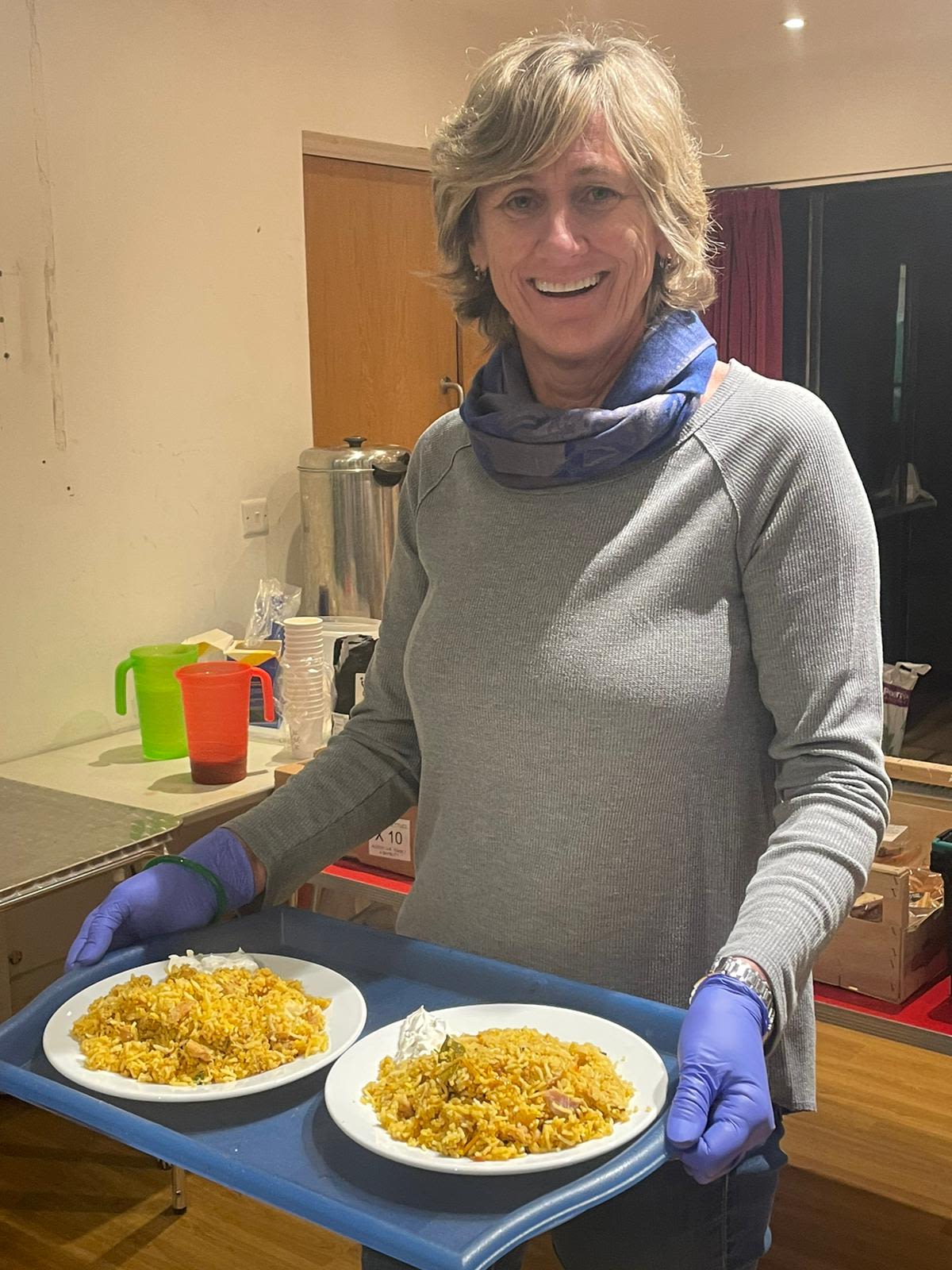

He said: "Starting in June or July this year, I started having people coming up to me saying: 'Chef, do you have a sleeping bag? Chef, do you have any emergency shelters?'"
For almost six years, Rashid has made it his mission to provide homeless members of his community with nutritious food, donated clothing, and good company.
He said it was frustrating to see that conditions had not improved long-term for homeless people in his borough, noting empty buildings that had been boarded up, instead of being repurposed by the council to house those that need shelter.
Unlike Hammersmith and Fulham, Greater London as a whole has seen an overall decrease in the number of people sleeping rough.
There were 3,444 people spotted by outreach teams between July and September 2020, compared with 2,918 in the same period this year.
Hammersmith and Fulham Council said: "Since the government's 'Everyone In' initiative started in March 2020 at the start of the Covid pandemic, we have placed more than 400 households into accommodation."
